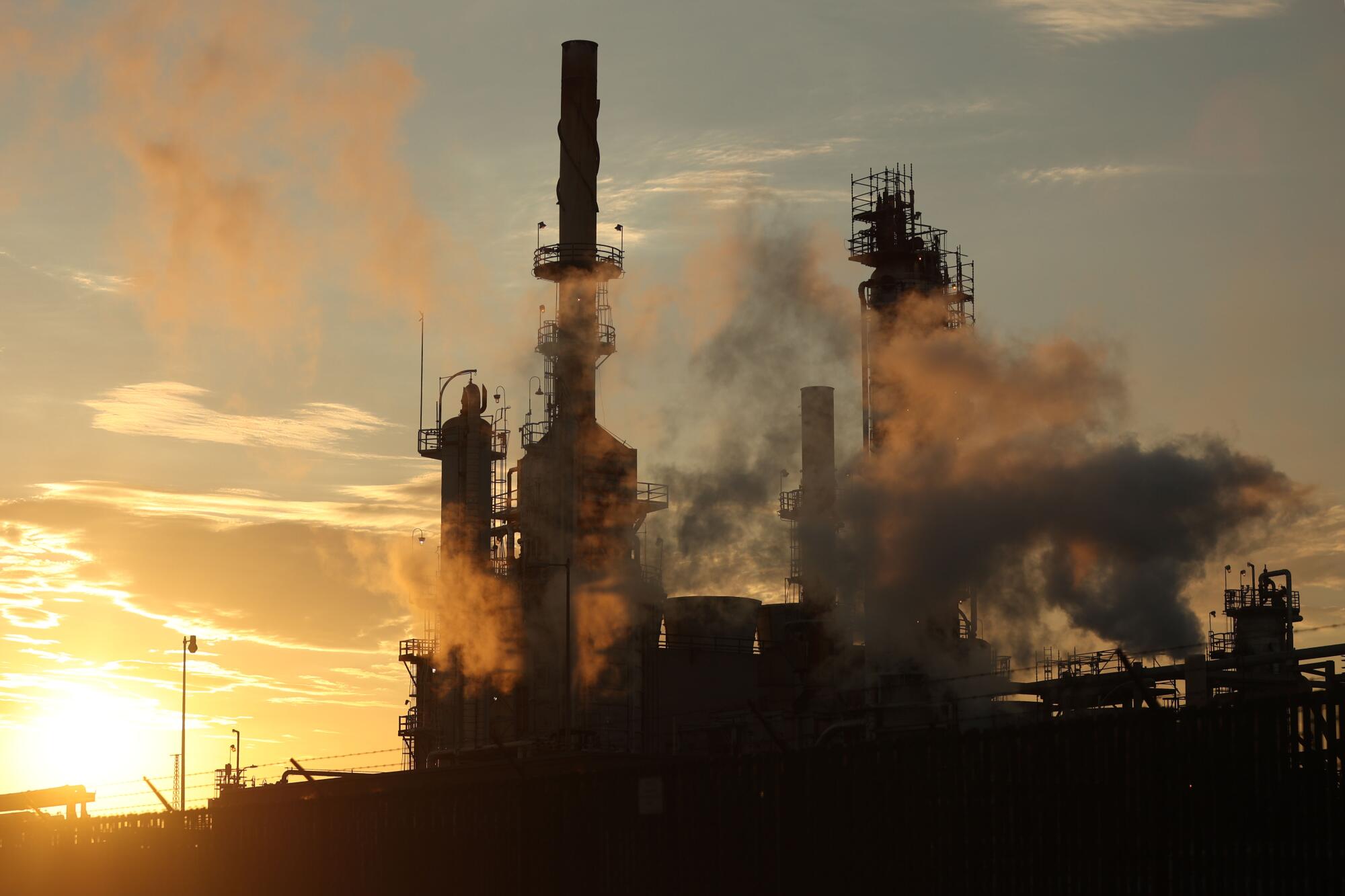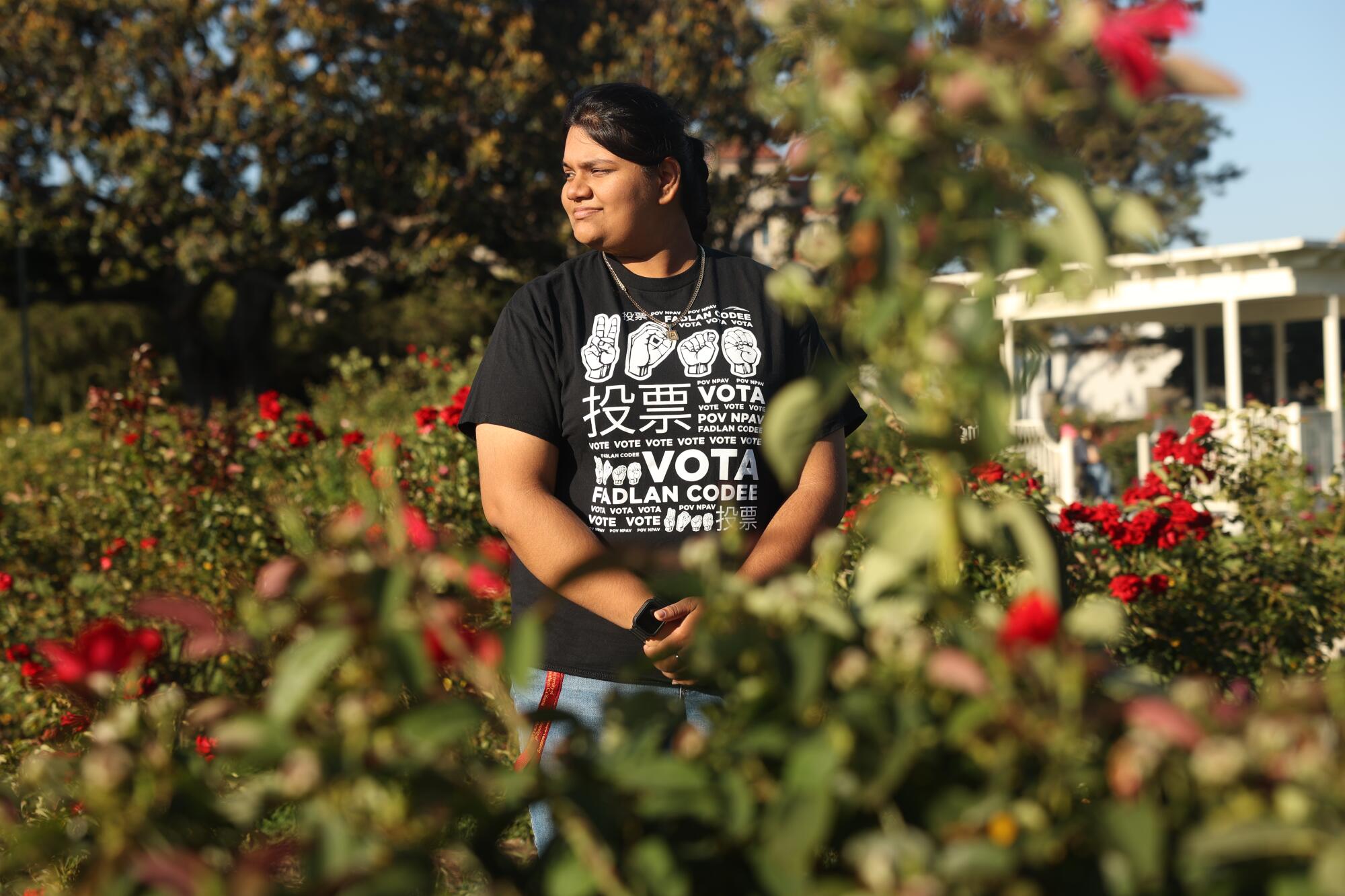Growing up, I knew that children are products of their environment, so I’ll tell you this: I grew up in Secaucus, NJ, a town called “The Jewel of the Meadowlands.” My suburban hometown is in a large wetlands ecosystem, the Meadowlands, where the Hackensack River flows. But with post-agricultural pig farm waste and debris from decaying New York train stations dumped into the area, the Meadowlands became a gem in need of polishing.
Secaucus is trying to reclaim its natural wetlands by marking them as protected so that fewer apartment complexes can be built and begin to sink a few years down the road, which has happened in the past. The city became environmentally conscious, and being in that environment, I did the same.
In high school, I worked with the Secaucus Environmental Department for over three years as part of the Next Generation Community Leaders Program, or NGCL, created by the Lindsey Meyer Youth Institute. Little did I know how this experience would affect my life. During that time, I learned about climate change, the challenges of the planet’s environment, and the actions we need to take to reduce our footprint. I helped implement a plastic bag and Styrofoam ban, designed a food waste composting system at a local high school and garden and created an eco-friendly living PSA. I canvassed to promote an environmentally friendly life and residents who learn how to compost at home.
I also certified local businesses as “green,” depending on whether they follow the practices organized by the Jersey Sustainable network. These practices include recycling, reducing food waste, not using Styrofoam, etc. My contributions to the environmental department helped Secaucus gain recognition from Sustainable jersey is a Silver Certified Community.
These experiences show how local action can make a difference. By educating the citizens of Secaucus, we are changing their behavior, even slightly, to be more environmentally conscious. Residents started planting produce in community gardens, composting at home and reducing the use of plastic bags. I witnessed how humans responsible for destroying the planet have the potential to make changes to repair it and make it better for future generations. From that day on, I took on that responsibility.
I’ll be honest: I don’t know the current status of the project I’m working on in Secaucus. I hope residents still compost at home and that businesses continue their green practices.
I began my journey into studying sustainability at USC with a major in industrial and systems engineering and a minor in law and public policy. Although this is not a field directly related to the climate ecosphere, my advocacy in Secaucus made me realize that systematic thinking and policy knowledge will be powerful tools that can lead to change in government and the private sector to support larger-scale sustainability. solution. With the opportunity that USC provided, I knew that I could be involved in the environment and sustainability without having to be an environmental science major.

“We have canvassed (local) youth … and discovered that the most priority environment is clean air, green spaces and green buildings,” says Alyssa Jaipersaud, a member of the LA County Youth Climate Commission.
(Michael Blackshire/Los Angeles Times)
If you ask freshman Alyssa what her main career goal is, she will say, “Facilitate systemic change in the bureaucracy through ecological and climate preservation policies to make society more aware.” I wrote this on an index card and kept it in my backpack throughout college to constantly remind myself of my goals because being an environmentalist can be demeaning, given the current climate.
From then on, I thought I would make Alyssa proud. I was accepted to the USC Student Sustainability Committee and served as a mentor to new members. The SSC acts as a representative for the student body on the President’s Working Group for Sustainability. We are working on projects such as getting reusable containers in the dining hall, ensuring campus construction consistently adheres to green practices, and creating a central physical space where sustainability-minded students can gather.
As a member of the SSC, I ensure that sustainability will become a standard educational practice at USC and change the behavior of students to respect their environment. I continued my education at USC by pursuing a master’s degree in sustainable engineering, and I have earned a National Academy of Engineering Grand Challenges Bachelor’s degree with a focus on sustainability.

Alyssa Jaipersaud takes a portrait at the Exposition Park Rose Garden.
(Michael Blackshire/Los Angeles Times)
My pursuit of the environment has culminated when I served as the Los Angeles County Youth Climate commissioner in the world’s first organization. We’ve surveyed youth in LA County and found that their top environmental priorities are cleaner air, green spaces and green buildings.
Now, as a member of the legislative committee, I track all federal and state measures related to these priorities and bring them to the attention of the county Board of Supervisors so they can consider whether the legislation should be amended, supported or rejected. We are actively working to support legislation currently underway in the US Senate that will create opportunities for youth to participate in policy development to ensure a healthy environment for the future and those to come.
Because children are products of their environment, we must help the next generation have a good environment to live in. With the environment constantly changing due to global warming, future generations will only have a chance if we work to make the world sustainable from now on. Instead of forcing future generations to learn how to live to fix the environmental mistakes we are making today, they should have the opportunity to live without the consequences of the past.
I witnessed the negative effects of an abused environment in my hometown, and I want to make sure that the next generation does not suffer the consequences of what we did. With a sustainability mindset, local change can influence politicians and create the systemic changes needed to control the biggest offenders. One important step is behavior change, which can be initiated locally and brought about by people who are not educated about the environment, like me.
Alyssa Jaipersaud earned a bachelor of science degree in industrial and systems engineering with a minor in law and public policy at USC and also completed a master of science in sustainable engineering. He is focused on a full-time role in the sustainability industry as a consultant or practicing engineer.





